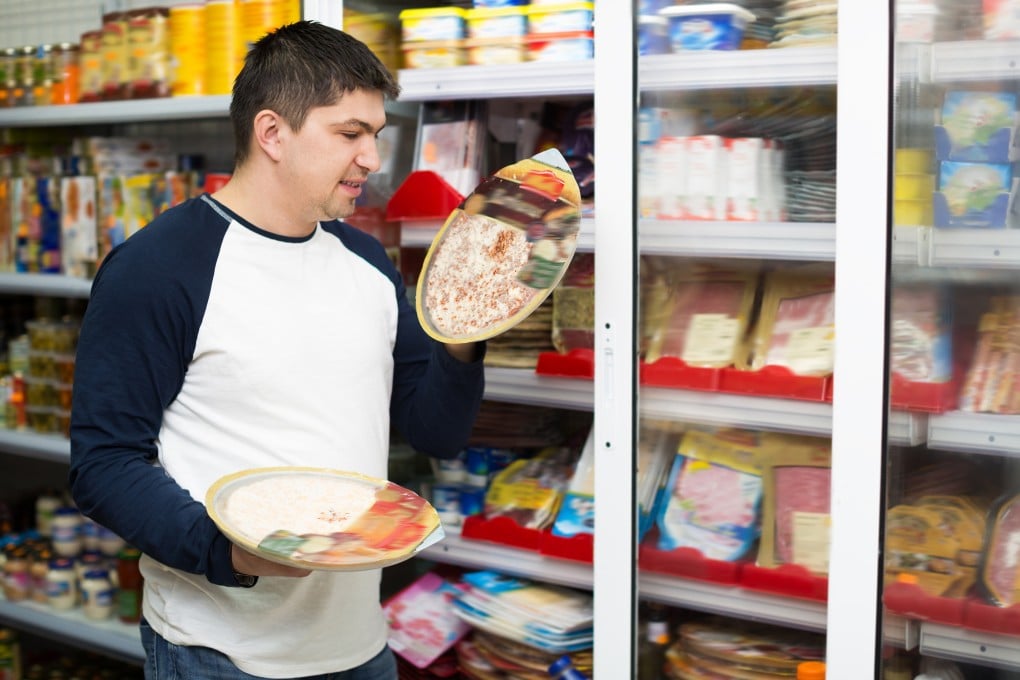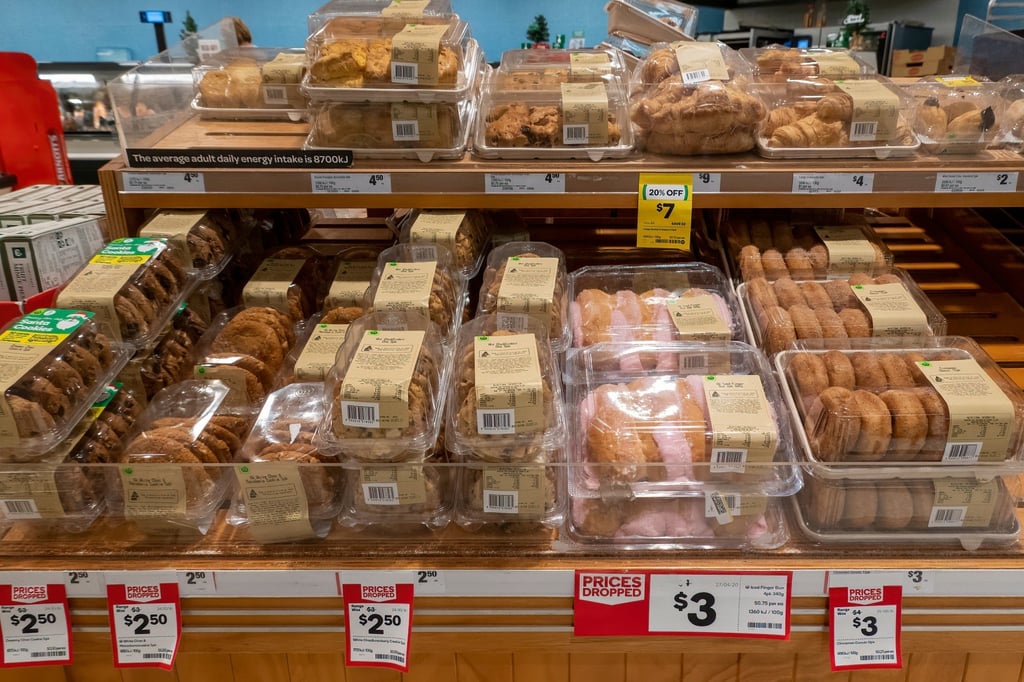Convenient but deadly? ‘Ready to eat’ ultra- processed foods may put you at risk of premature death, study finds
- Eating ultra-processed foods with few fresh ingredients and lots of starches, processed proteins, and additives is associated with a higher risk of disease
- Now researchers in Brazil have calculated that more than one in 10 adult premature deaths in that country could be attributable to eating ultra-processed foods

Consumption of ultra-processed, ready-to-eat foods like hot dogs, frozen pizzas, and doughnuts may lead to premature death, researchers found in a recently published study.
The findings were published in the American Journal of Preventive Medicine.
To find out, they did a comparative risk assessment, or a simulation of the impact of a risk factor on health, said lead author Eduardo Nilson from the University of Sao Paulo in Brazil.

Based on their model and calculations, ultra-processed foods made up 13 per cent to 21 per cent of the total energy intake of Brazilian adults.
In 2019, more than 500,000 adult Brazilians aged 30 to 69 died. The consumption of ultra-processed foods was responsible for about 57,000 premature deaths among that group, or 10.5 per cent, they calculated.